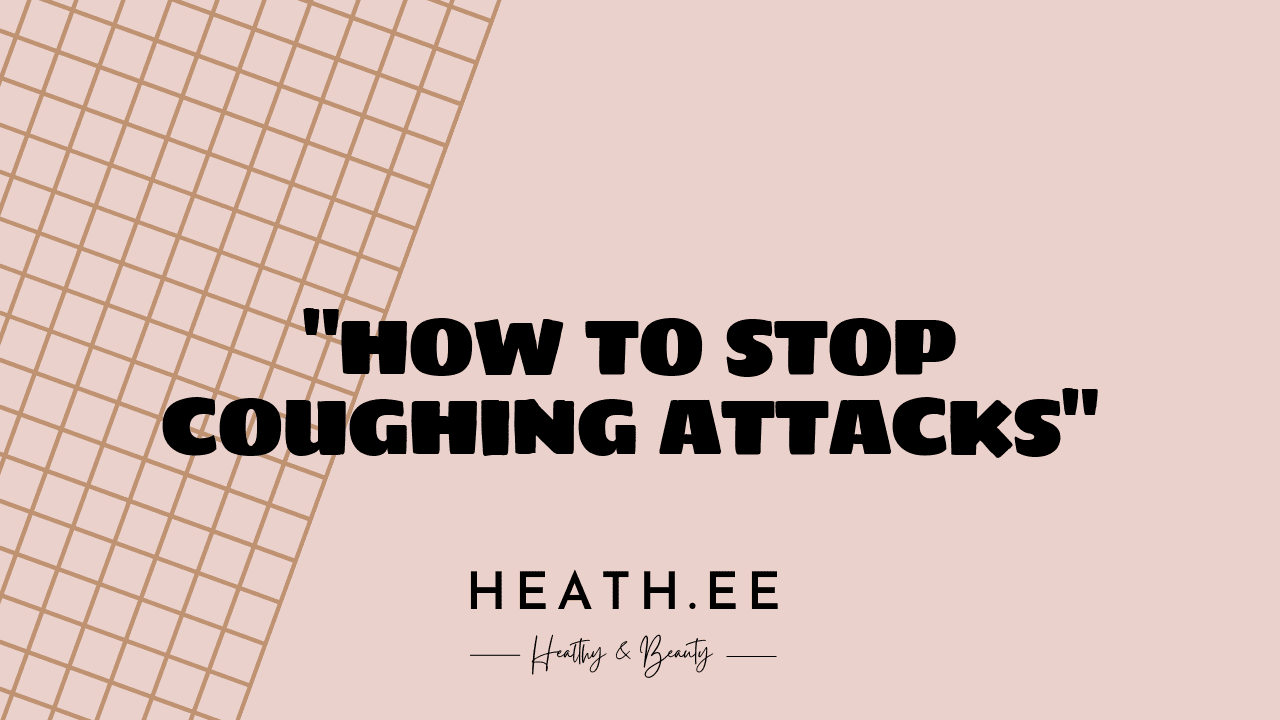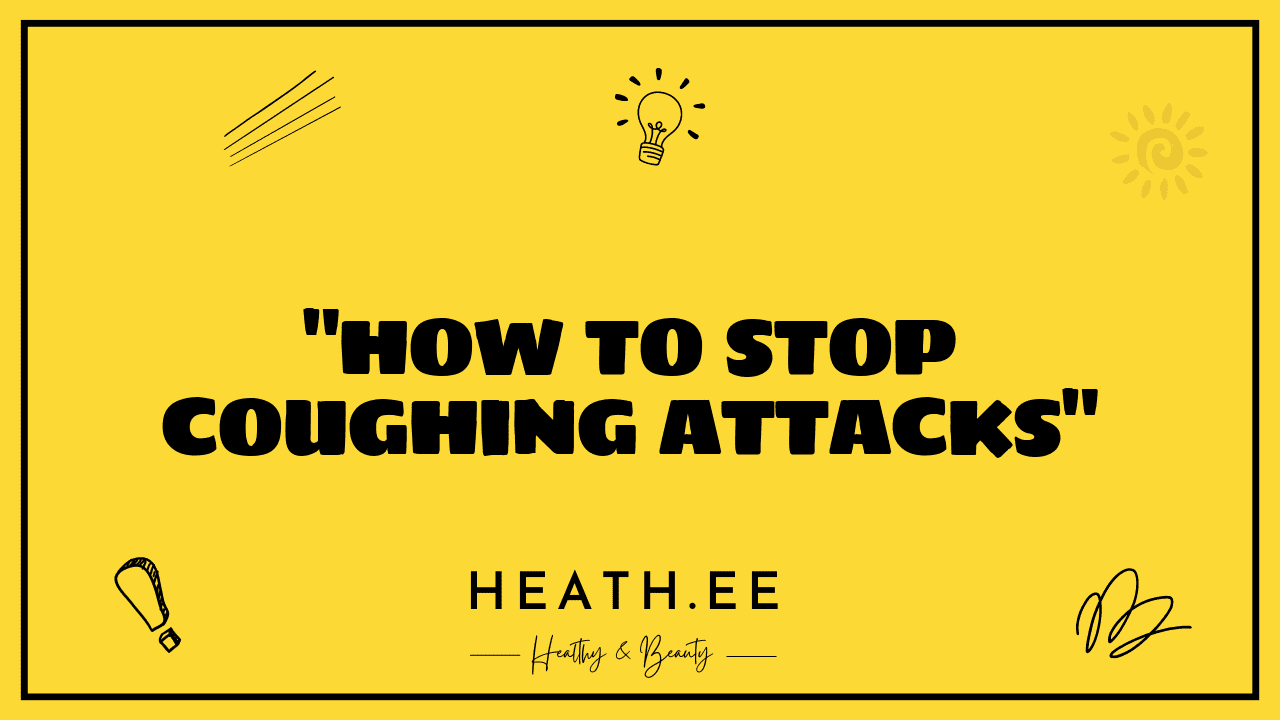Coughing attacks can be a nuisance, and even downright painful. Whether your coughing is due to a cold, allergies, or another medical condition, there are steps you can take to help prevent and stop coughing attacks. In this comprehensive guide, we’ll cover the causes of coughing attacks, ways to prevent them, and treatments for coughing attacks.
What Causes Coughing Attacks?
Coughing attacks can be caused by a variety of factors, including allergies, colds, asthma, gastroesophageal reflux disease (GERD), and other medical conditions. Allergies are the most common cause of coughing attacks, as they can cause inflammation of the airways that leads to coughing. Colds can also cause coughing attacks, as they can irritate the airways and cause a person to cough. Asthma is another common cause of coughing attacks, as it can cause the airways to become inflamed and narrow, leading to coughing. GERD can also cause coughing attacks, as stomach acid can travel up the esophagus and irritate the airways, leading to coughing. Other medical conditions, such as cystic fibrosis, chronic obstructive pulmonary disease (COPD), and bronchiectasis, can also cause coughing attacks.

How to Prevent Coughing Attacks
There are several steps you can take to help prevent coughing attacks. First, if you have allergies, it can be helpful to avoid allergens that can trigger coughing attacks. This may include avoiding pet dander, dust, and other allergens. If you have a cold, it can be helpful to avoid activities that can irritate your airways, such as smoking or exercising in cold weather. If you have GERD, it can be helpful to avoid foods and drinks that can trigger coughing attacks, such as spicy foods or alcohol.
It can also be helpful to take steps to keep your airways healthy. This may include staying hydrated, avoiding irritants such as smoke, and using a humidifier in your home. Additionally, if you have asthma, it can be helpful to take medications as prescribed by your doctor to help control symptoms and prevent coughing attacks.
Treatments for Coughing Attacks
If you are experiencing coughing attacks, there are several treatments that can help. Over-the-counter (OTC) medications, such as antihistamines and decongestants, can help reduce inflammation and congestion in the airways, which can help reduce coughing. If you have a cold, it can be helpful to take medications such as ibuprofen or acetaminophen to help reduce coughing. If you have GERD, it can be helpful to take medications such as proton pump inhibitors (PPIs) or H2 blockers to reduce stomach acid production, which can help reduce coughing.
If you have asthma, it can be helpful to use a rescue inhaler, such as albuterol, to help open the airways and reduce coughing. Additionally, if you have a more severe condition, such as cystic fibrosis or COPD, it can be helpful to use medications such as bronchodilators to help open the airways and reduce coughing.

Natural Remedies for Coughing Attacks
In addition to medications, there are several natural remedies that can help reduce coughing attacks. Honey has been shown to be a natural cough suppressant, and drinking warm liquids can help soothe the airways and reduce coughing. Additionally, humidifiers can help reduce coughing by increasing the humidity in the air, which can help reduce inflammation in the airways.
Lifestyle Changes to Reduce Coughing Attacks
Making lifestyle changes can also help reduce coughing attacks. If you have allergies, it can be helpful to stay indoors when pollen counts are high, and to use air filters in your home. Additionally, if you have asthma, it can be helpful to avoid activities that can trigger coughing attacks, such as exercising in cold weather. It can also be helpful to avoid irritants such as smoke and dust, as these can irritate the airways and cause coughing.
When to See a Doctor
If your coughing attacks are frequent or severe, it can be helpful to see a doctor. A doctor can help diagnose the cause of your coughing attacks and recommend treatments that can help reduce or stop coughing attacks. Additionally, if your coughing attacks are accompanied by other symptoms, such as chest pain, shortness of breath, or fever, it can be helpful to see a doctor.
Conclusion
Coughing attacks can be a nuisance, and even downright painful. However, there are steps you can take to help prevent and stop coughing attacks. If you are experiencing frequent or severe coughing attacks, it can be helpful to see a doctor. By following the tips outlined in this guide, you can help reduce and stop coughing attacks.



